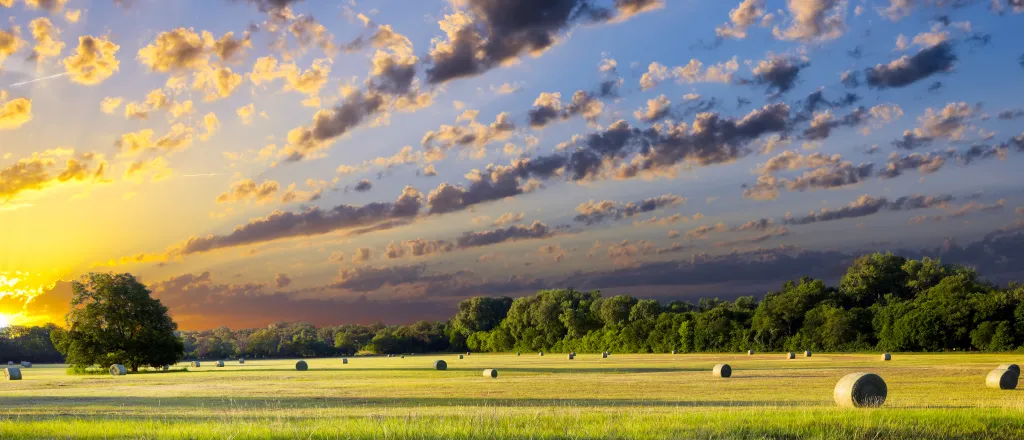
The Yonder Report: News from rural America - October 16, 2025
© Dean_Fikar - iStock-503150251
News from rural America.
Rural Americans are cutting back on basics amid struggles to afford child care, conservation groups have appealed a ruling that prevents Iowans from knowing how much factory farms pollute their air and renewable energy is coming to Arizona's ancient pueblos.
TRANSCRIPT
For the Daily Yonder and Public News Service, this is the news from rural America.
A new survey shows money is tight for rural Americans and they're even cutting back on basics.
Sarah Rubinfield leads the First Five Years Fund, which found in states like West Virginia, where most children have working parents, high childcare costs and a lack of caregivers is making it hard for them to keep their jobs.
In West Virginia, childcare costs an average of $850 month, which is a sizable portion of a family's monthly budget.
So this is having real tangible impacts on families and how they're living their lives.
The survey found more than two thirds of U.S. rural families expect their financial situation to remain the same or get worse over the next year.
At the same time, Rubenfield says federal funds to help families offset the cost of daycare are shrinking.
Environmental advocates think Iowans deserve to know what's in the air.
So they're appealing a ruling that lets factory farms not report pollution.
Food and Water Watch and other groups are seeking to overturn a federal court decision that allows huge Iowa poultry and livestock concentrated feeding operations to avoid declaring ammonia and hydrogen sulfate emissions.
Tara Heinzein is the group's legal director.
Hydrogen sulfide smells like rotten eggs.
It's actually an asphyxiant and is responsible for numerous deaths at factory farms over the past several decades.
A nearly 40-year-old law requires the reporting of those emissions.
But in 2019, the EPA exempted poultry farmers and other CAFOs.
Operators argue they're following federal and state pollution guidelines.
But Heinzein warrants the air pollutants cause more deaths than those from coal power plants.
Research has shown that ammonia emissions from animal agriculture are responsible for more than 12,000 deaths in the United States every year.
Those living on the Hopi Reservation will soon benefit from cheap, reliable, renewable energy built by researchers at Arizona State University.
Project advisor Jacob Moore says they're developing a solar powered microgrid with battery storage for Pueblo villages, bringing consistent power to places where people have lived as long as anywhere in North America.
Very much living off the grid, so to speak, but opportunities in terms of economic development, education, health care.
The Hopi Solar Project is backed by a $9 million grant from the U.S. Department of Energy.
More hopes it will serve as a template for other rural areas looking for alternative energy that also meets community development goals.
Our rural communities certainly have forms of subsistence living, Hopi included, in terms of job creation or other opportunities.
Having access to things like electricity is important.
For the Daily Yonder and Public News Service, I'm Roz Brown.
For more rural stories, visit dailyyonder.com.















